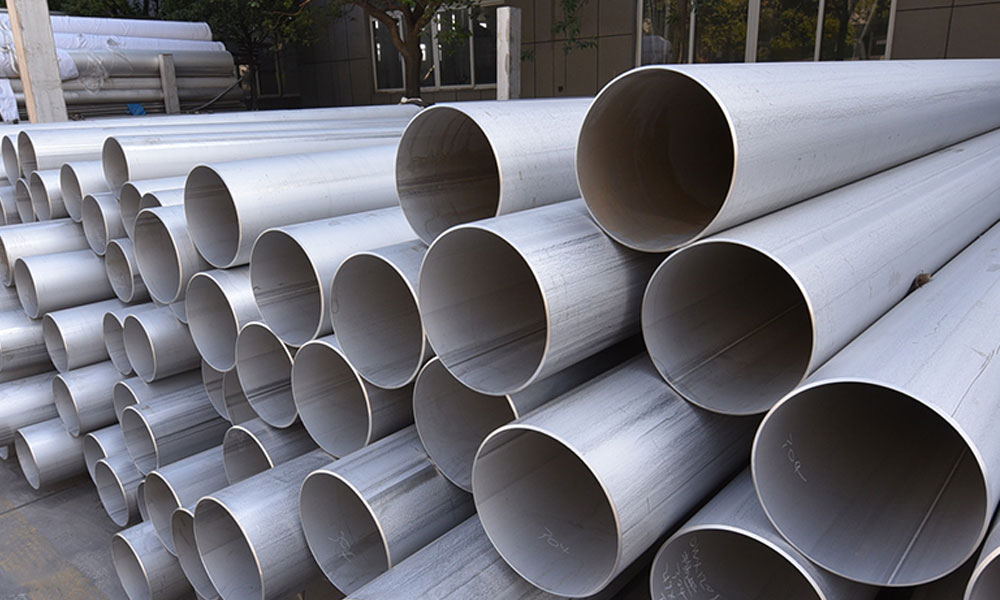Automation technology is transforming industries worldwide, and the steel sector is no exception. Steel manufacturers in India are adopting automation to enhance efficiency, improve product quality, and stay competitive in a rapidly evolving global market. This shift is driven by the need for increased precision and reduced dependency on manual labor.
Enhancing Production Efficiency
One of the biggest advantages of automation is the improvement in production processes. Automated systems streamline operations, reducing downtime and optimizing resource utilization. The steel plate manufacturing process benefits significantly from automation, as it enables precise temperature control, minimizes human errors, and ensures uniform quality in steel production.
Advanced robotics and AI-driven machinery also accelerate the manufacturing cycle, leading to increased output and cost savings. Companies that implement automated workflows see significant reductions in operational bottlenecks, allowing them to meet growing market demands more effectively.
Improving Product Quality
Automation plays a crucial role in maintaining high-quality standards in steel production. With the integration of smart sensors and real-time monitoring, manufacturers can detect defects early and take corrective measures immediately.
This is especially important for a manufacturer of steel, as consistency and reliability are key factors in maintaining customer trust and meeting industry regulations. Automated quality control systems help reduce material waste and improve sustainability by minimizing production errors.
Additionally, automated data collection and analytics provide deeper insights into production trends, enabling continuous improvements and proactive decision-making.
Addressing Labor Challenges
The steel industry has traditionally been labor-intensive, but automation helps address workforce challenges by reducing dependence on manual labor. With the rising demand for skilled workers and increasing safety concerns, automated systems provide a viable solution.
Machines can handle hazardous tasks, ensuring a safer work environment while allowing human workers to focus on more complex and strategic operations. Companies looking to scale operations find automation essential for sustaining growth and profitability.
Additionally, implementing automation reduces workplace injuries, boosting overall employee morale and productivity.
Sustainable and Cost-Effective Solutions
Investing in automation also aligns with sustainability goals. Automated processes reduce energy consumption and optimize raw material usage, leading to a lower environmental impact. In addition, automated maintenance systems help predict equipment failures, preventing costly breakdowns and ensuring smooth operations.
This approach is particularly beneficial for businesses like a heavy steel plates provider, where precision and durability are crucial. By utilizing real-time monitoring and predictive analytics, companies can significantly reduce waste and energy costs, making their operations more environmentally friendly and economically viable.
Future of Automation in Steel Manufacturing
As technology advances, automation in steel manufacturing will continue to evolve. The integration of artificial intelligence, machine learning, and data analytics will further enhance efficiency and innovation.
Companies that embrace these technologies today will gain a significant competitive edge in the future. In addition, automation will lead to increased customization options for clients, as manufacturers will be able to fine-tune processes to meet specific requirements with greater accuracy.
By investing in automation, steel manufacturers in India are not only improving operational efficiency but also ensuring long-term growth and sustainability. This transformation marks a new era in steel production, where smart technologies drive success and resilience in a dynamic industry.
Digital advancements are reshaping the future of steel manufacturing, and those who adapt swiftly will emerge as industry leaders.




